If your preventative measures for your health or your kids health go beyond what the average parent in your social circle does, that could be a sign that you’ve crossed the line from normal worry to chronic anxiety.
If you’re a mom, you’ve probably experienced your share of health related worries and possibly health anxiety. Looking after tiny humans is no small feat.
When it comes to health, preventing illness and injury, we can miss our own body’s signs, symptoms and red flags, so it’s no wonder that many moms fear illness going undetected in their children.
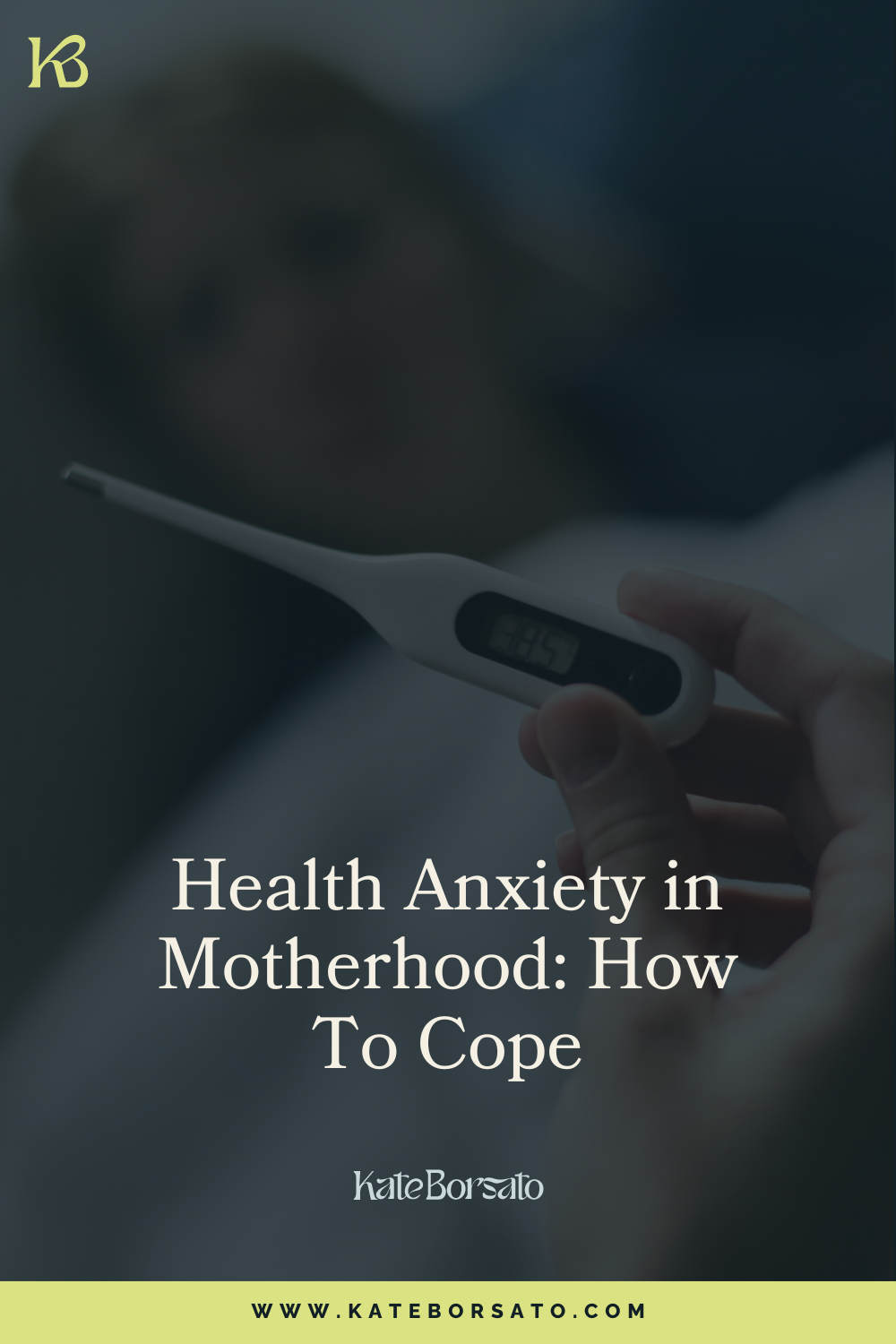

If you constantly find yourself worrying about the health of yourself or your family, that can become stressful and take a toll over time. Some worry is normal, sure, but it’s always helpful to understand what’s normal, what’s not, and how to cope if the anxiety is getting out of hand.
Here is a guide to health anxiety in motherhood as you navigate this tricky area.
Health anxiety in mothers: When is it anxiety and when is it normal worry?
Certain worries are normal. As moms, it’s our job to observe the health of our little ones and do what we can to keep our families happy and healthy.
Obviously, as a primary caregiver, you’re going to need to tune into your children’s behaviour, energy levels, and symptoms. Standard preventative measures like using hand sanitizer, eating healthy, getting enough sleep, dressing properly for the weather, and avoiding sick friends and family are all normal actions to prevent illness as much as possible. It’s totally normal and natural to worry about cold and flu season, or even accidents. It’s also normal to limit dangerous, age inappropriate activities for little ones when the risk of injury is high.
But when these worries become obsessive (consume a lot of your mental energy) or you change your actions drastically in an effort to avoid any kind of illness or injury, that’s a sign that it could be a bigger problem like anxiety.
If these worries are getting in the way of how you live your day-to-day life, then that’s no longer what we’d consider “normal”.
So if you’re constantly monitoring kids even when they don’t show any signs of sickness, or you’re spending time self-diagnosing online, that’s often a symptom of anxiety.
Another way to think about it is that is your list of preventative measures goes well beyond what the average parent in your family or social circle is doing, and if this is bothersome to you or causing problems in your life, then it could be anxiety at play.
If this sounds like your experience, the good news is that there’s a lot you can do to keep this health anxiety in check.
How to cope with health anxiety:
Everything is treatable, and manageable, let’s start by saying that!
And this includes health anxiety in motherhood. I have supported many moms who are able to find so much more calm and ease even if they felt stuck in the worries at what ifs. It’s totally possible.
If fears about health issues happening to you or your children are getting in the way, here are some ways you can keep that at bay.
1. Quit consulting Dr. Google.
While it may feel like you’re just doing your research to thoroughly check out any symptoms that you’re observing, constantly researching online can just add fuel to the fire. In some instances, this kind of “checking” can be part of Obsessive Compulsive Disorder, which is a form of anxiety.
It’s so tempting to check the Web MD page or Google over and over again because there is endless information on the internet, and it can feel comforting to learn, and to feel more in control. But the problem is, it’s limitless. There’s no number of webpages you could view that would put your mind at ease – the anxiety and worry is still there. So in the end, actions like Googling or scrolling the internet usually just increase anxiety.
Plus, self diagnoses are often wrong and the information you find online often can enable you to build a case that something worse is at play when in reality, it may not be a disaster after all.
Of course, there is a benefit of the information at your fingertips. So what I suggest is setting a limit, where you allow yourself a reasonable time to read about one of your worries (let’s say 15 minutes), and then you commit to closing the website and moving on with your day. Can you give that a try?
2. Limit conversations around health issues.
Ever notice how that news article about some horrific accident made you start worrying about something new? Or your friends talking about sickness suddenly added another fear to your worry list?
If you know that certain conversations around Covid, freak accidents, or tragic diagnoses trigger anxiety that leads to you worrying for days, you need to put a boundary in place, and it’s totally okay to do that!
These kinds of discussions often strengthen the pathways in your brain that enforce thoughts like, “These worries deserve all my attention. I need to be on alert at all times.” Essentially, talking about terrible things makes your brain think that it needs to be hypervigilant and pay attention because something dangerous is around the corner.
To limit or avoid these conversations, you can just politely explain that you’re managing your anxiety around this stuff and would rather not focus on things that are worrisome. Sometimes it takes several attempts to shift conversations, as friend groups tend to get used to speaking in a certain way.
3. Revisit your values.
Getting clear on your personal and family values is an exercise every parent should do because values are essentially a roadmap for the way your life, the way you parent and how you spend your time.
For example, do you value quality time, spirituality, money, movement, nature, time with extended family, travel, or food/nutrition? Knowing your top three values (there are hundred of values by the way) will help you make decisions according to those.
For example, if spending time in nature is your top value, spending a Sunday walking with the family in the woods will help you feel more connected and fulfilled, which in turn reduces anxiety—including health anxiety.
You see, sometimes anxiety can suck you in so that you give it all your energy. You worry, ruminate, play out scenarios in your mind, and put a lot of effort into avoiding the things that you’re worrying about. And even if you’re successful in doing that, you still might not be living a fulfilling life.
When you start focusing more of your energy on the things you truly love and value (not just avoiding anxiety) you truly start to feel like yourself again.
4. Remember that worrying doesn’t fix anything.
Worrying feels productive, doesn’t it? Part of your brain is patting itself on the back thinking that it’s somehow solving problems.
But worrying doesn’t actually do anything to change a current situation or prevent anything bad from happening. The only thing that stressing or ruminating does is take up mental space and energy, and snowball into more worry. That’s it.
The thing about anxiety is that when we spend time thinking about a situation, it can give us a false sense that we have control. But often we don’t. So after doing the regular responsible actions (like sure, ask your doc about a symptoms or check temperature a new times), but then try to unhook from that anxious part of your brain that wants more more more of you.
Some people will say “but I need to think about something to solve a problem or plan!” to which I say, “yes, of course you do!” But once your start circling around a problem without making progress, your thinking is no longer productive.
Reviewing conversations, thinking about worst case scenarios, or worrying about what ifs is just not productive.
I hope these tips have given you a starting point to begin challenging health related anxiety. You’re always welcome to reach out with any questions you have, and follow along at @kateborsato on Instagram.
And if anxiety is getting in the way, why not take the next step and check out my free mom-anxiety guide. This is a complete video lesson as well as a workbook to help you begin unhooking from anxiety so you can feel like yourself again. Click the image below to learn more.

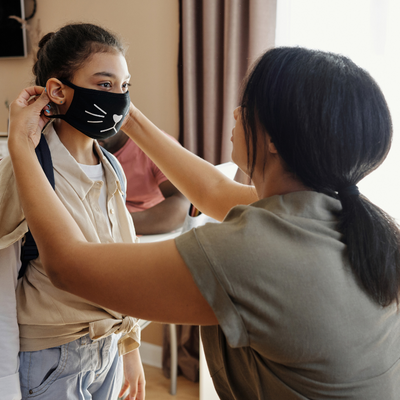
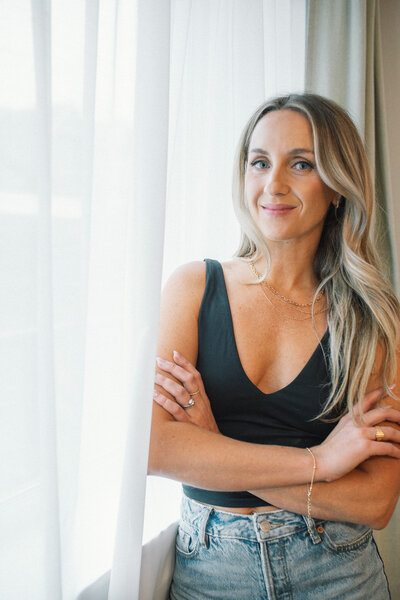
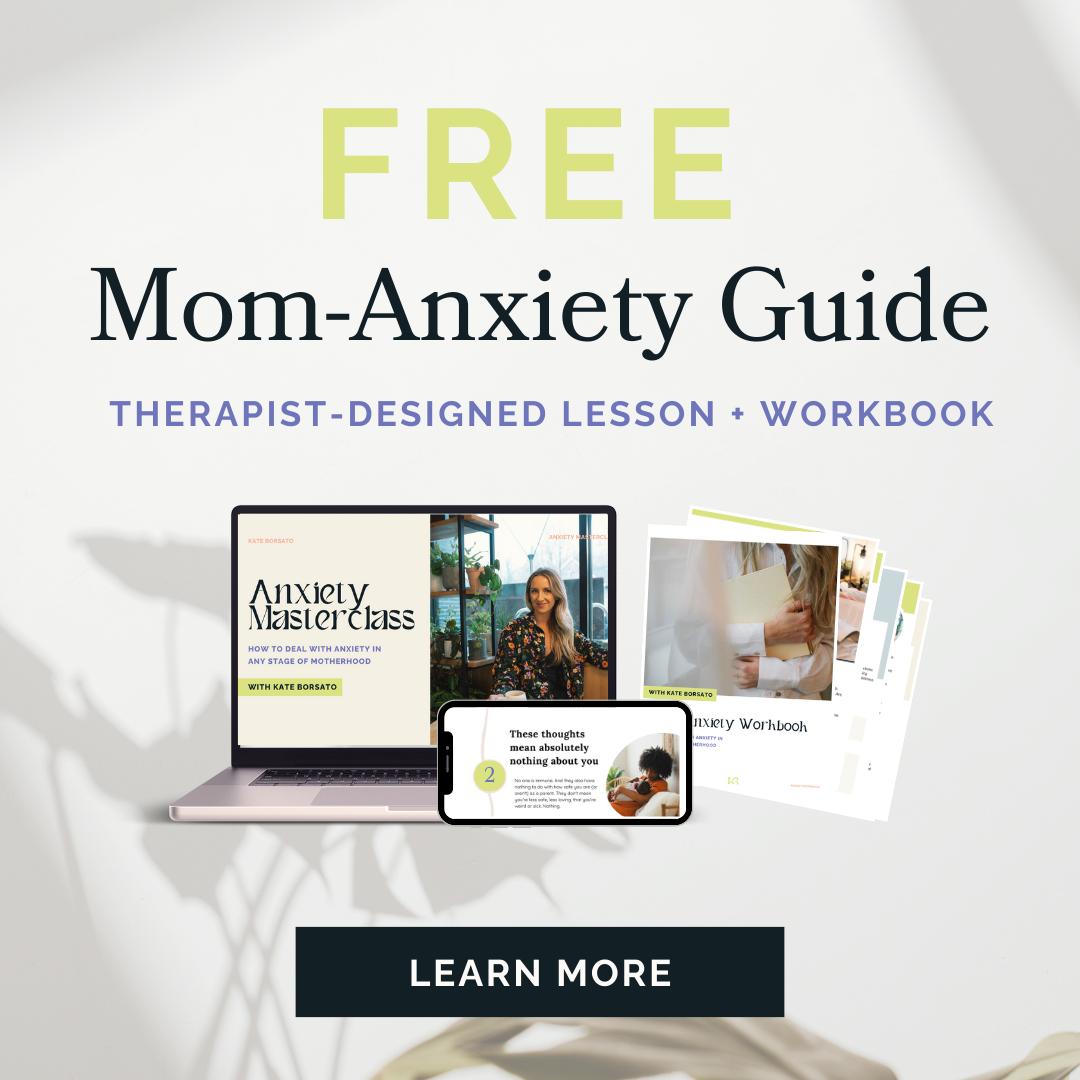


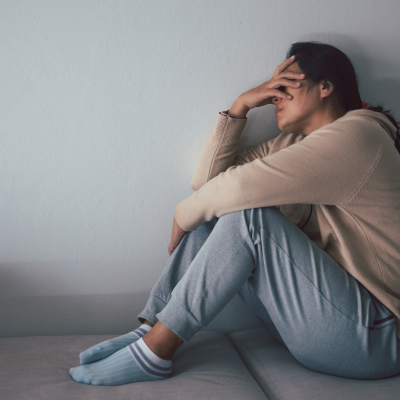
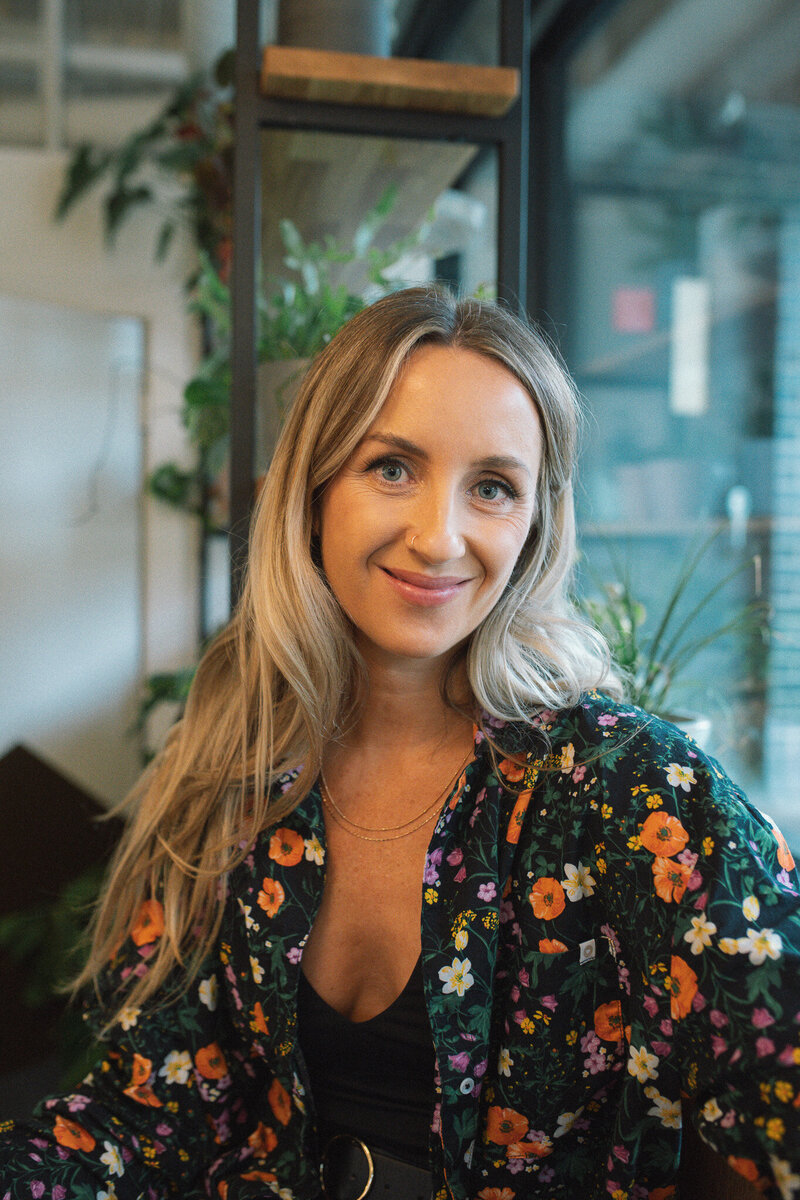
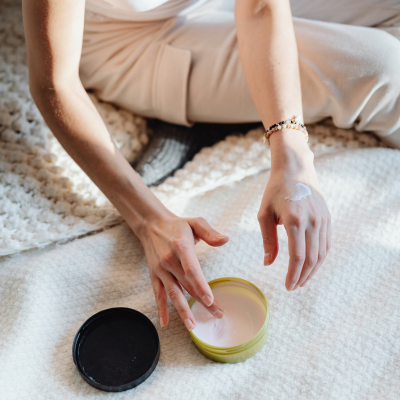
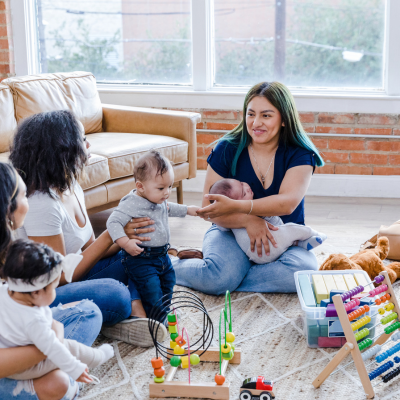








Comments +